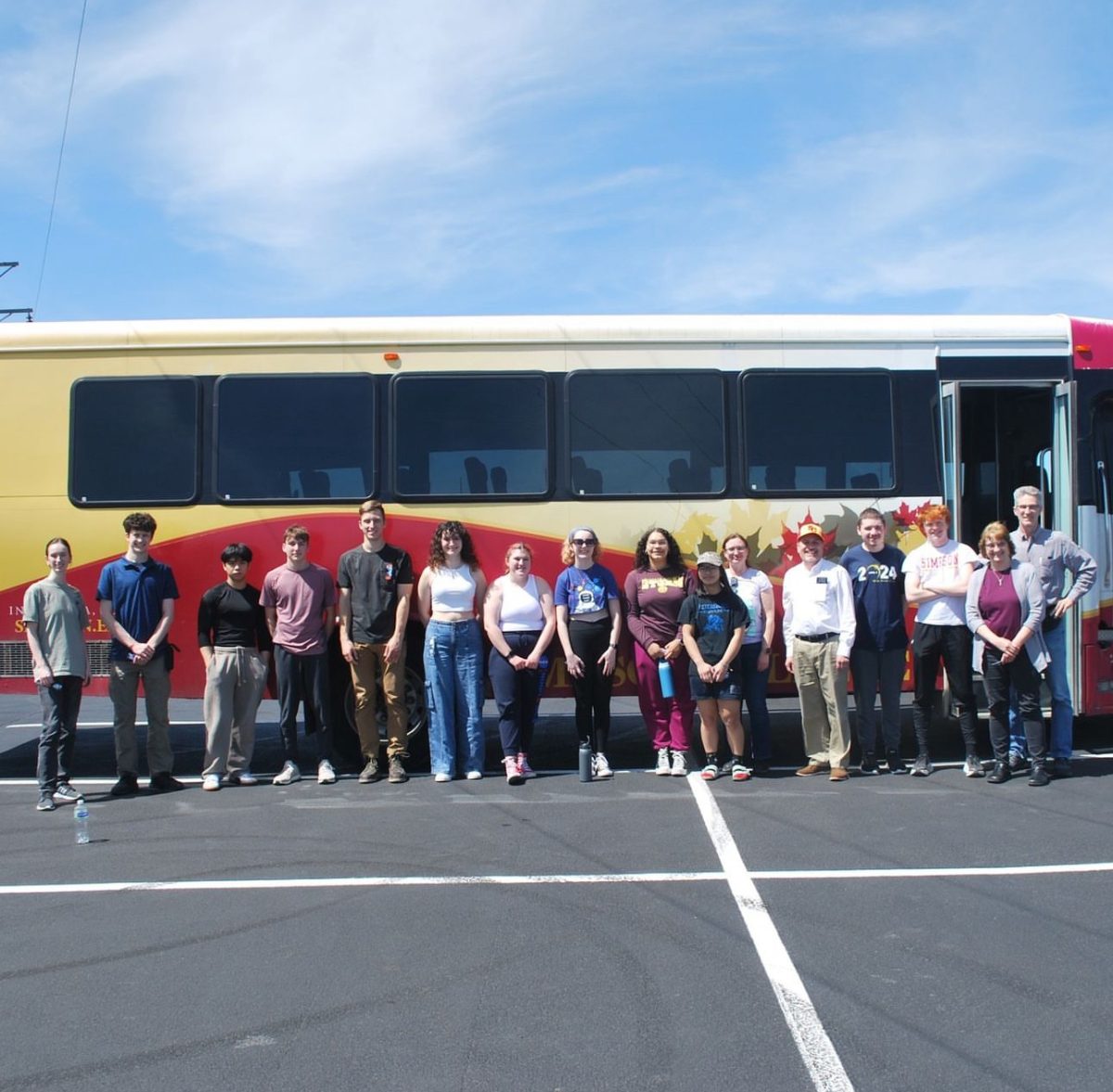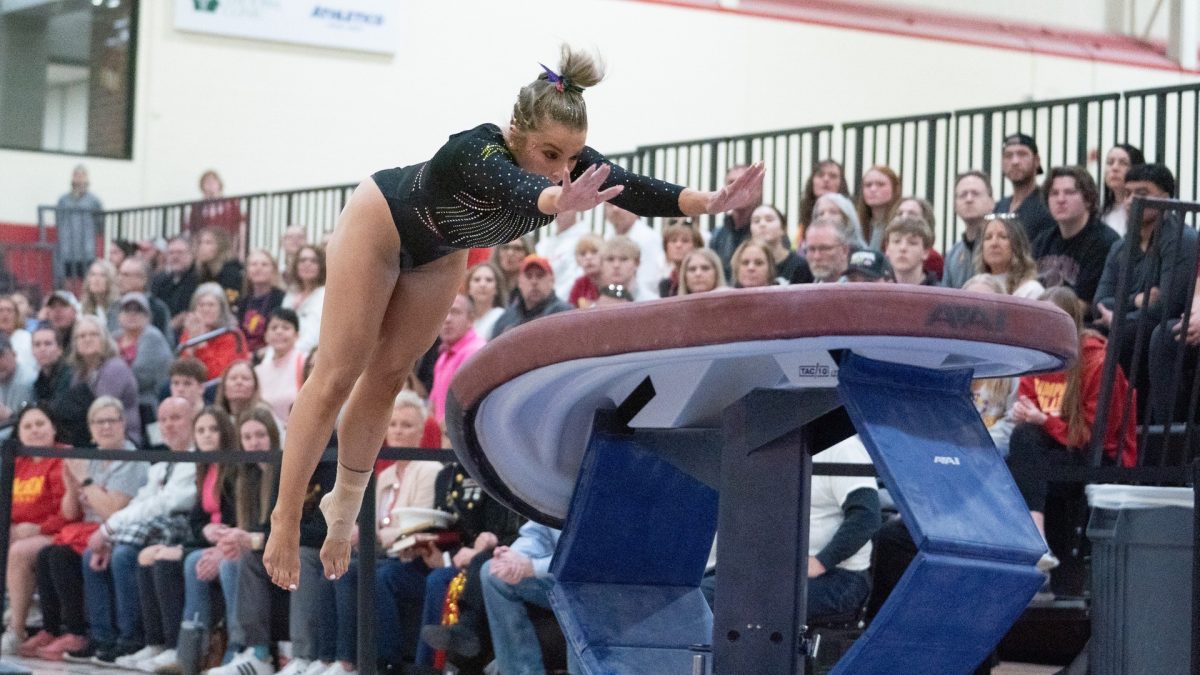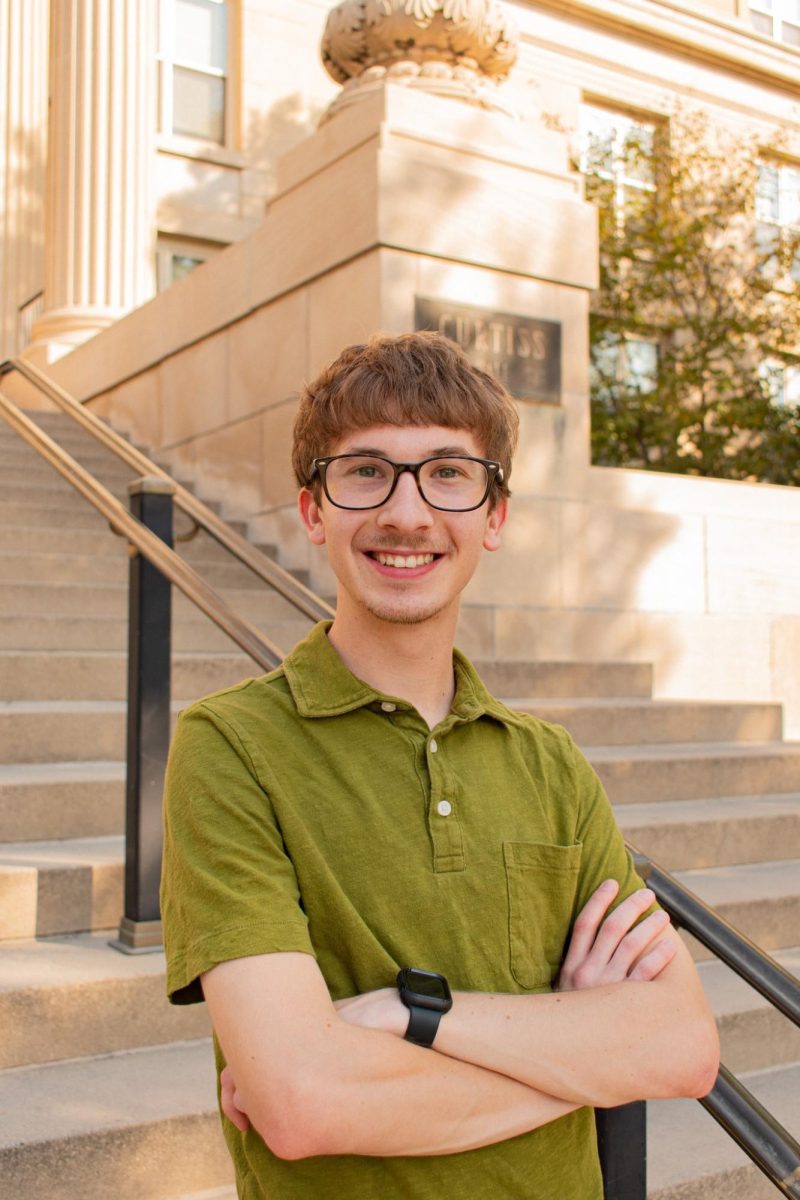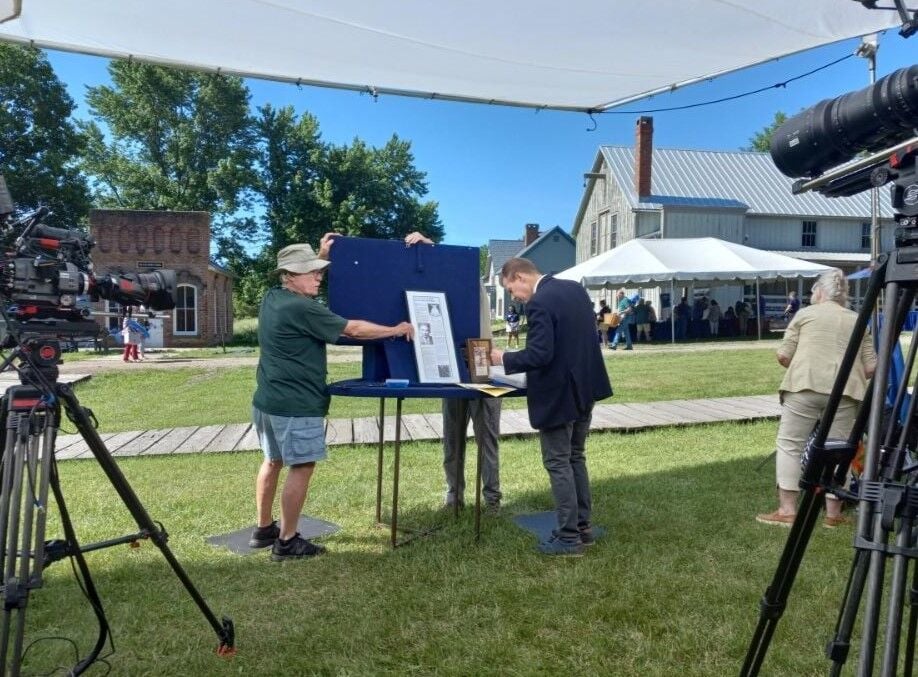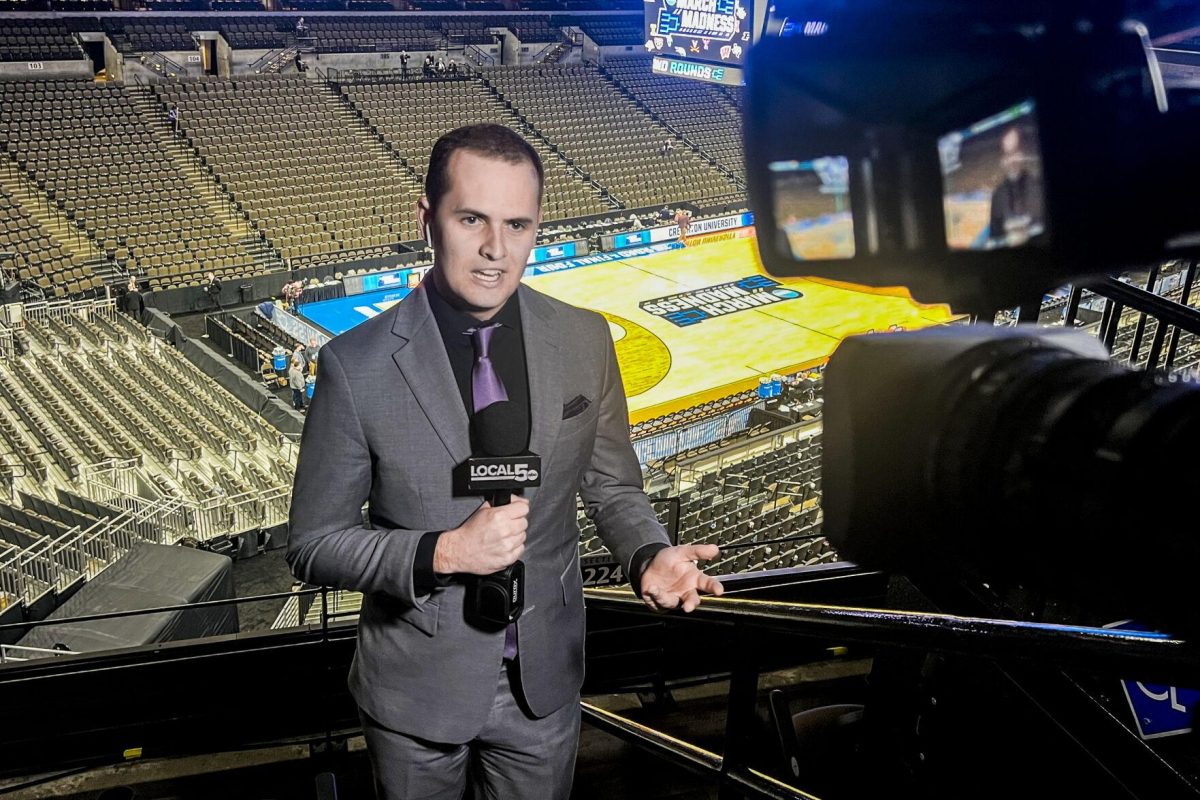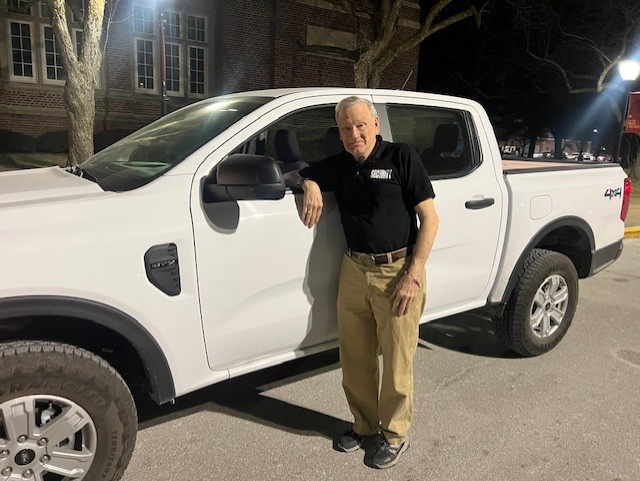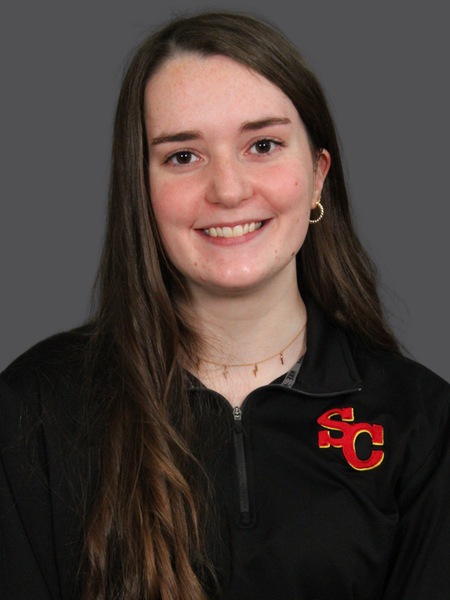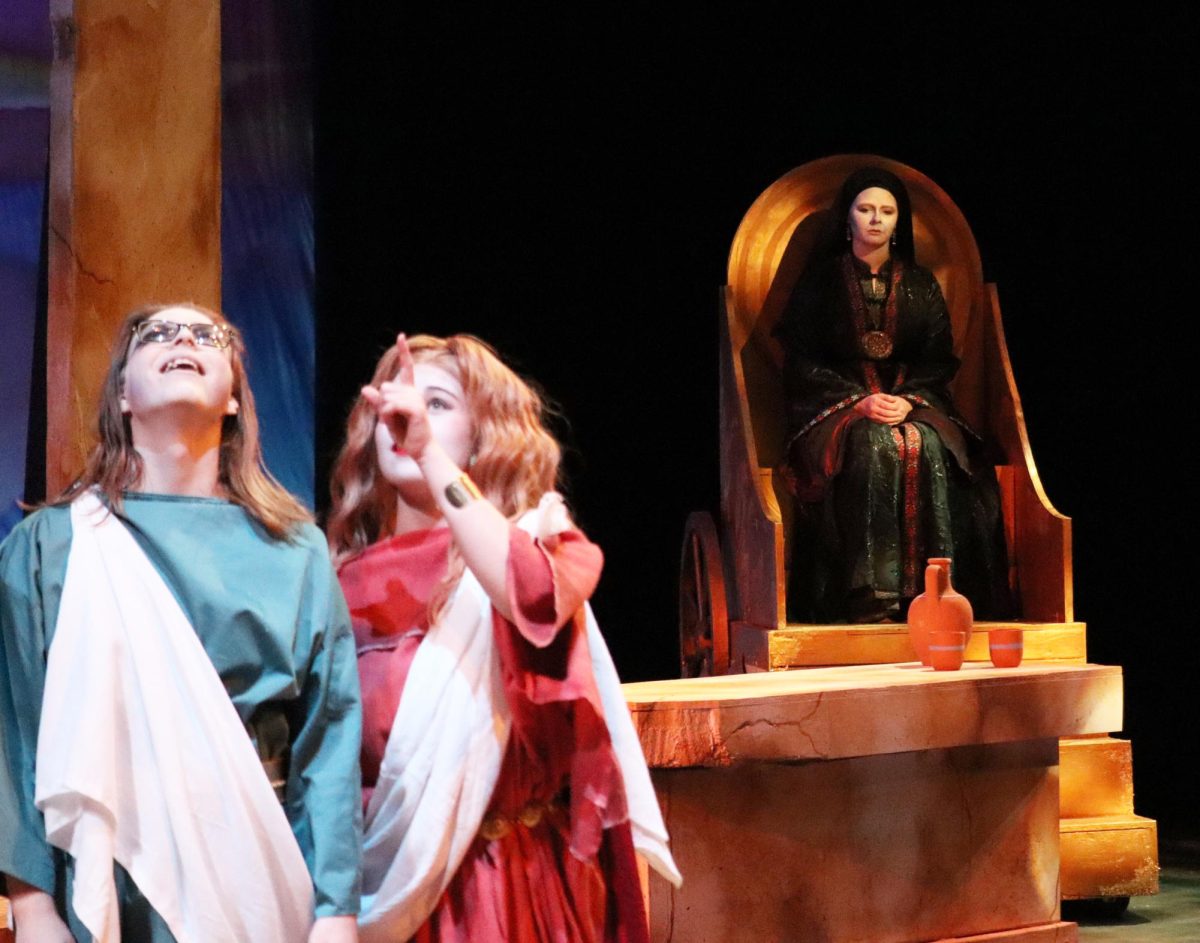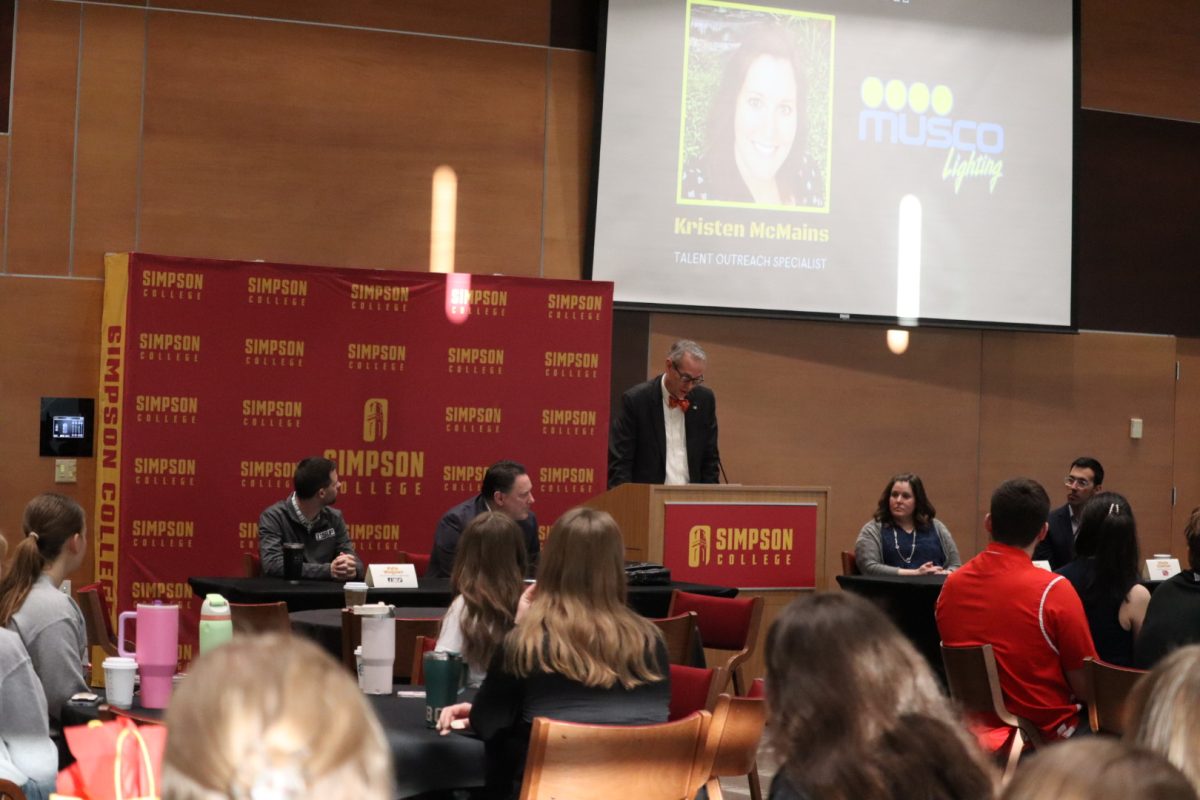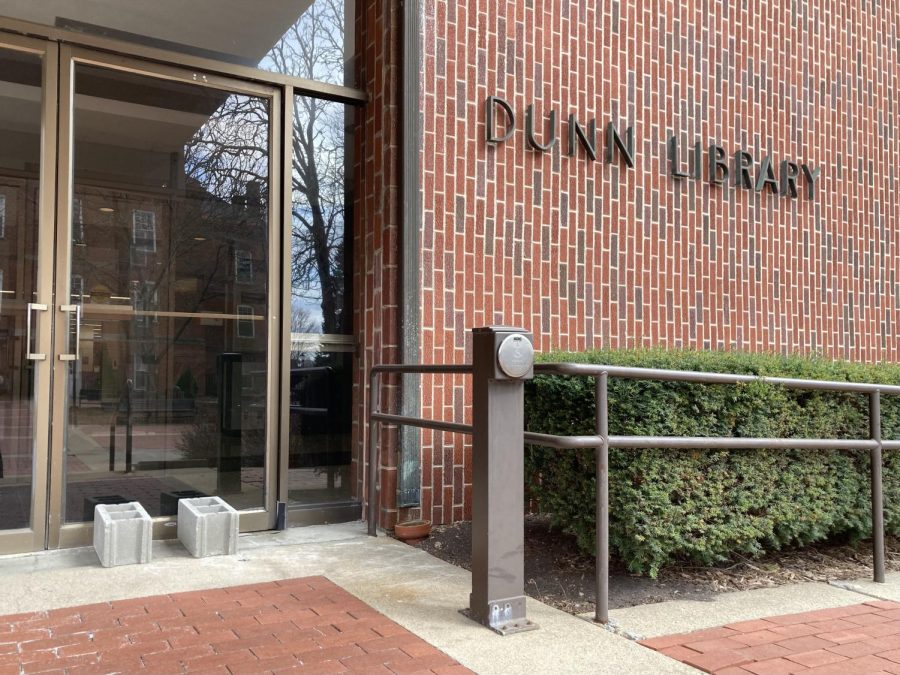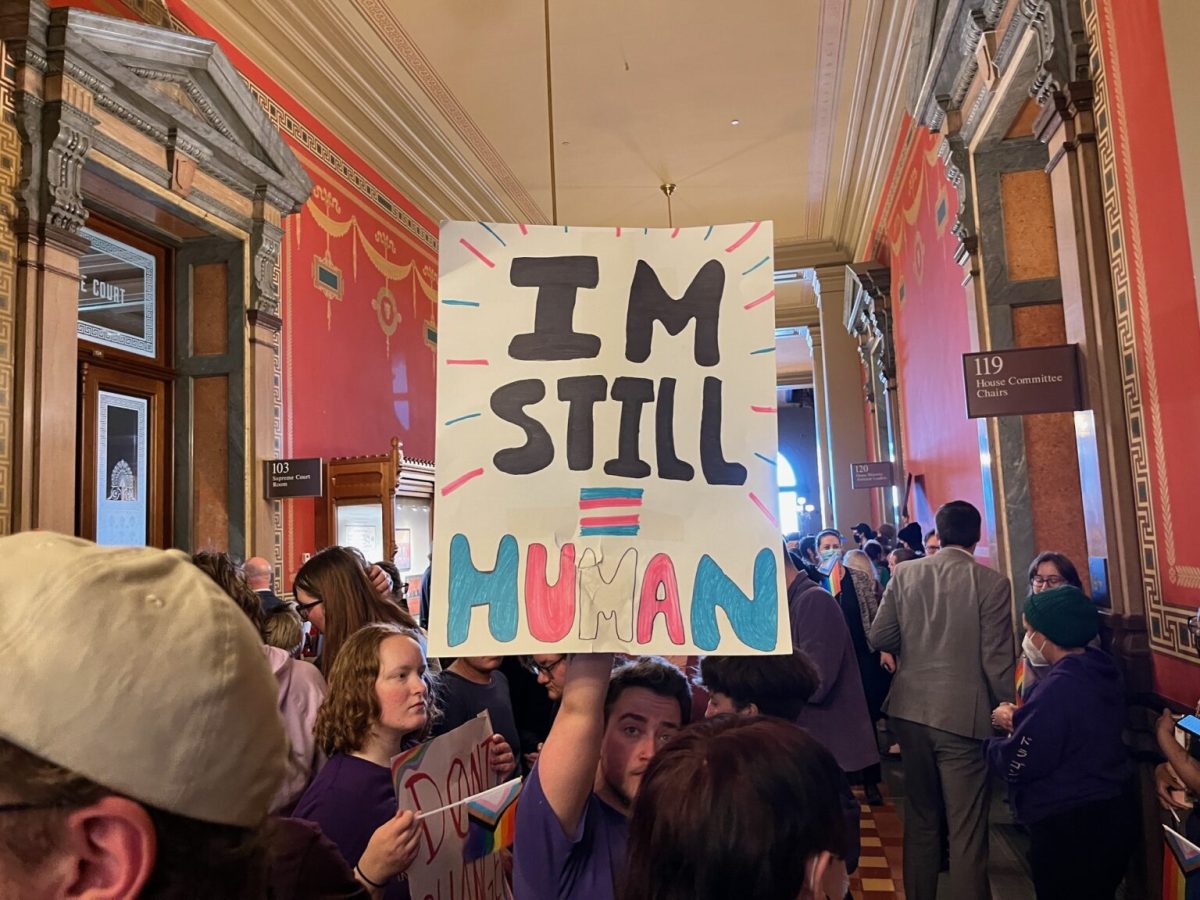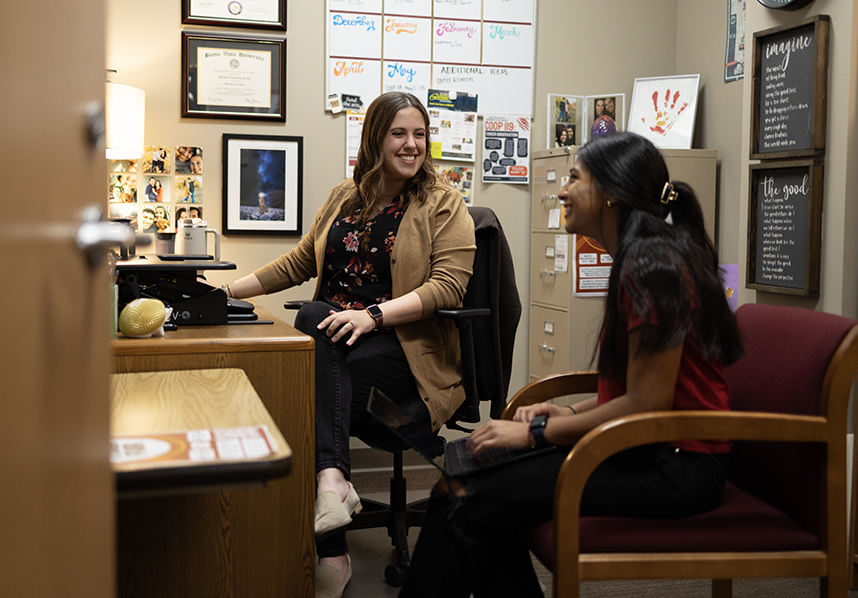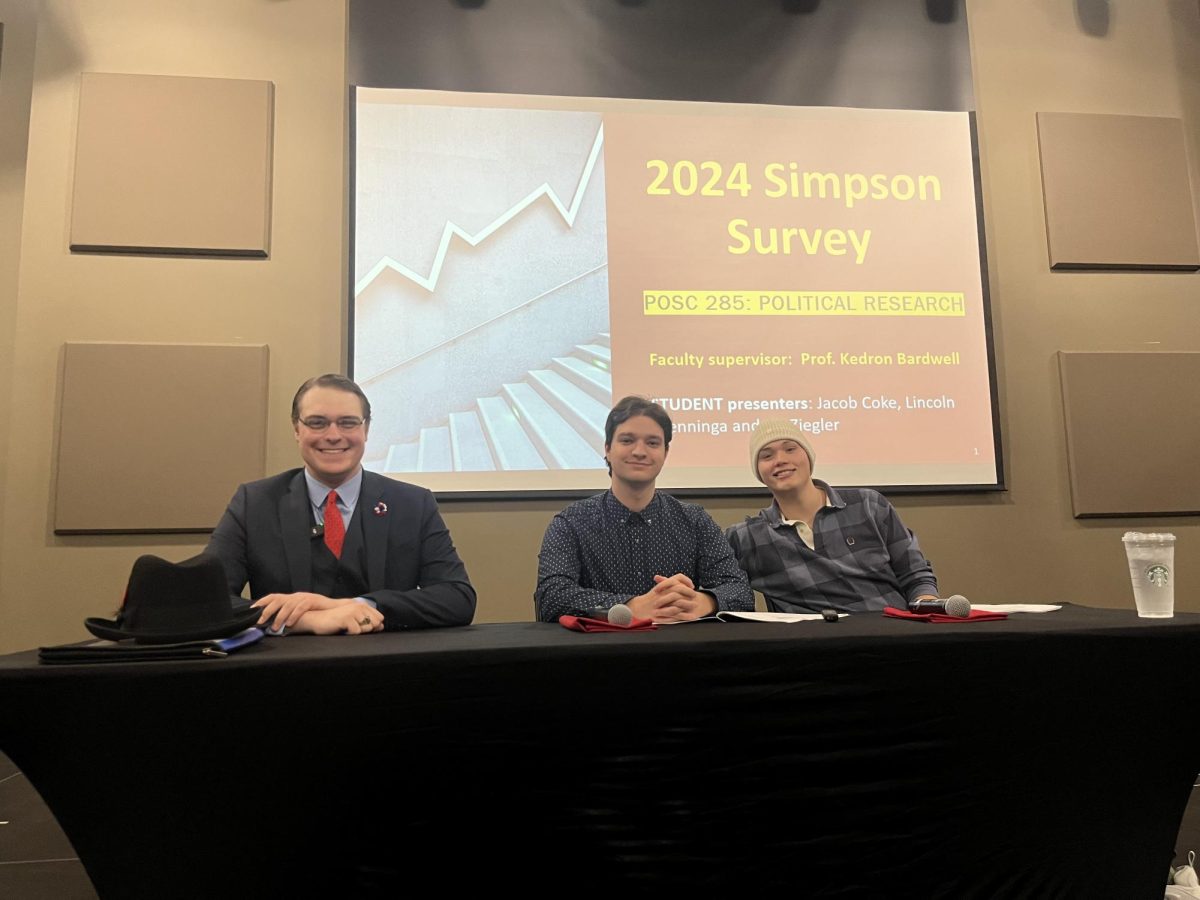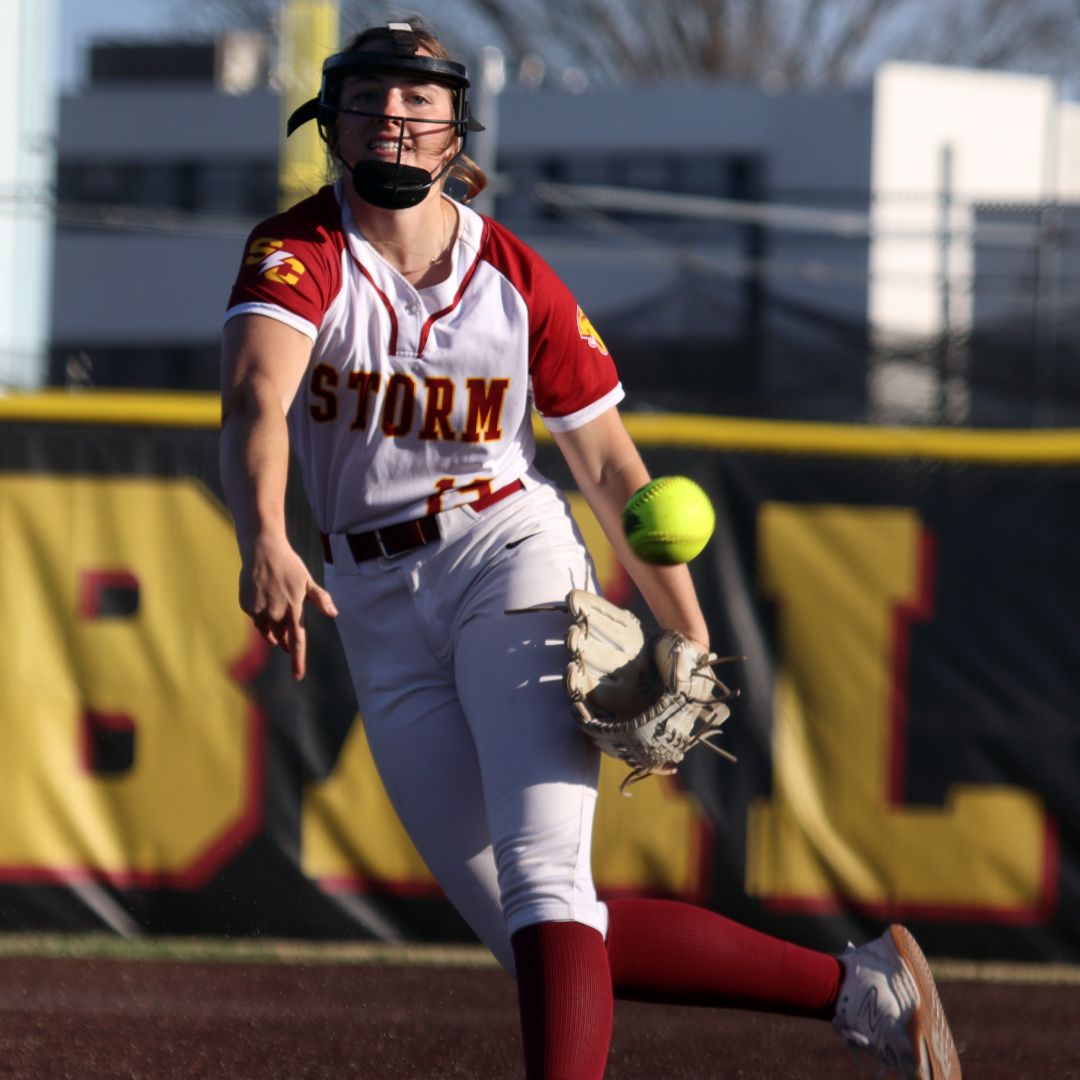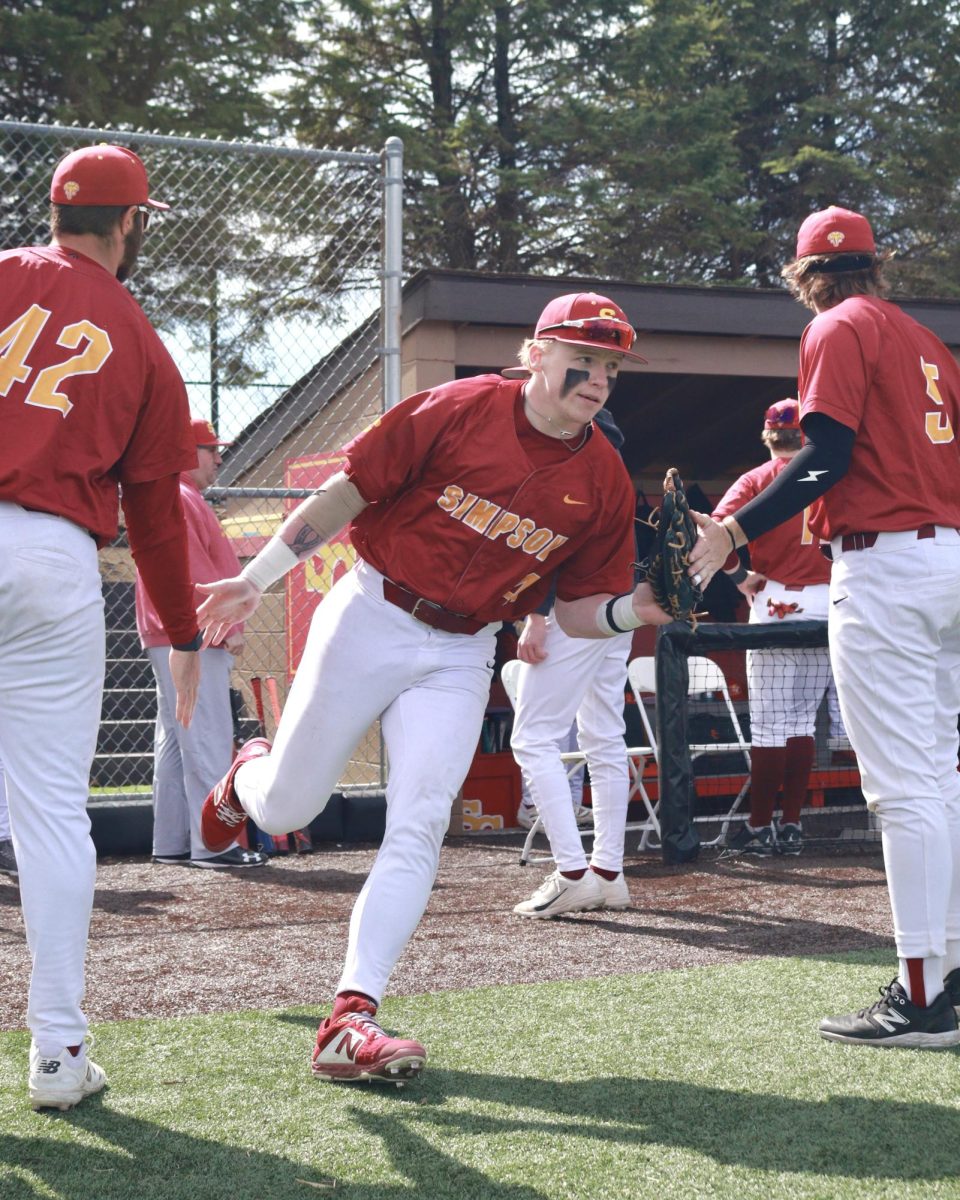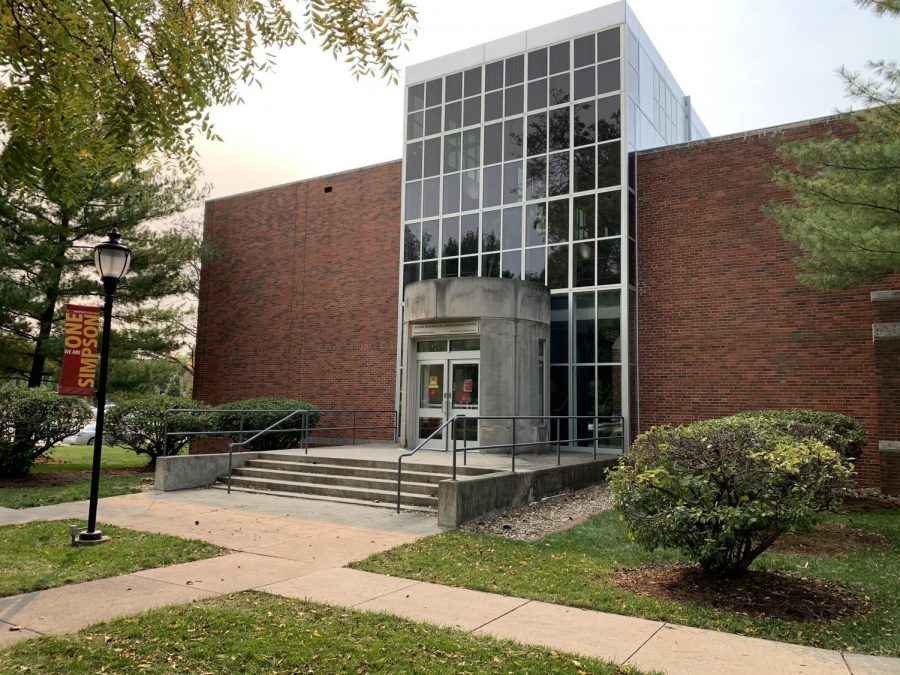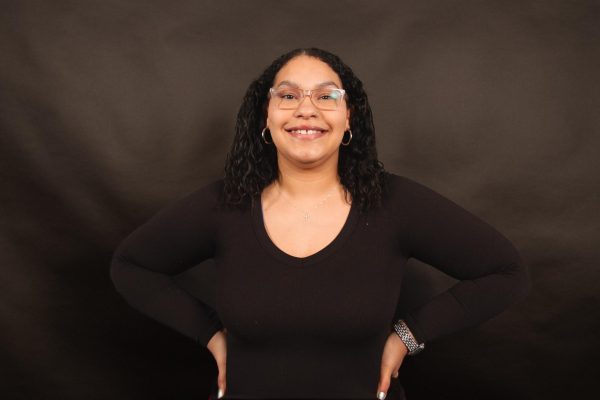On Monday, April 7, The Physics and Engineering Club, led by Professor Eduardo Magalhães and David Olsgaard, traveled to see the total solar eclipse in Illinois.
A group of 13 students left on a bus early at 4 a.m. and drove to Illinois. It was approximately a six-hour bus trip there and back for an eclipse that only lasted four minutes and 28 seconds.
Solar eclipses only happen when the moon perfectly passes between the sun and the Earth. Although solar eclipses occur about once every year or two, they are rarely visible in the same place twice. The next solar eclipse that will be visible in the U.S. won’t happen for another 20 years.
“I think it’s an underutilized opportunity, getting to see a total solar eclipse. One happened in 2017, and another one won’t hit the United States until 2044,” Alivia Eaton, a sophomore and biology and education studies double major, said.”That is 20 years out from now when we’ll all have day jobs and won’t be able to drop everything for a day to get on a bus where someone else can drive us through the crazy traffic.”
The eclipse in 2017 was the first eclipse to be seen in the U.S. in 99 years and only lasted 2 minutes and 40 seconds. Trips like these are important because they offer hands-on learning and first-hand experiences.
The trip was fully funded by the Student Government Association, including meals.
“I am basically here just to see the eclipse,” Corbin Truitt, a physics major and member of the Physics and Engineering Club, said “I just wanted to go out. The physics club was kind of a low-key group, so I thought it would be pretty fun to hang out with everybody and get the free meals.”
The Physics and Engineering Club hopes to improve its presence on campus in the upcoming year.
“The Club exists to promote involvement in physics and engineering outside of the classroom. Like when you hear the word ‘physics,’ it’s big and scary, and you picture huge equations and Albert Einstein in the corner,” Eaton said. “But there’s so much more to it than that. And it creates a place where you could enter it and engage with it without having to be the physics major.”
The Physics and Engineering Club doesn’t plan to host any more events this semester but plans to have more next fall.



